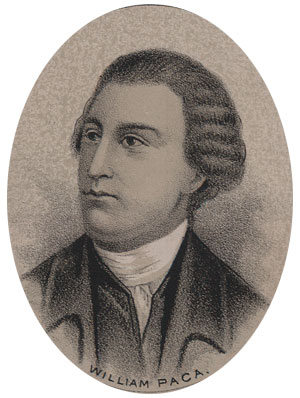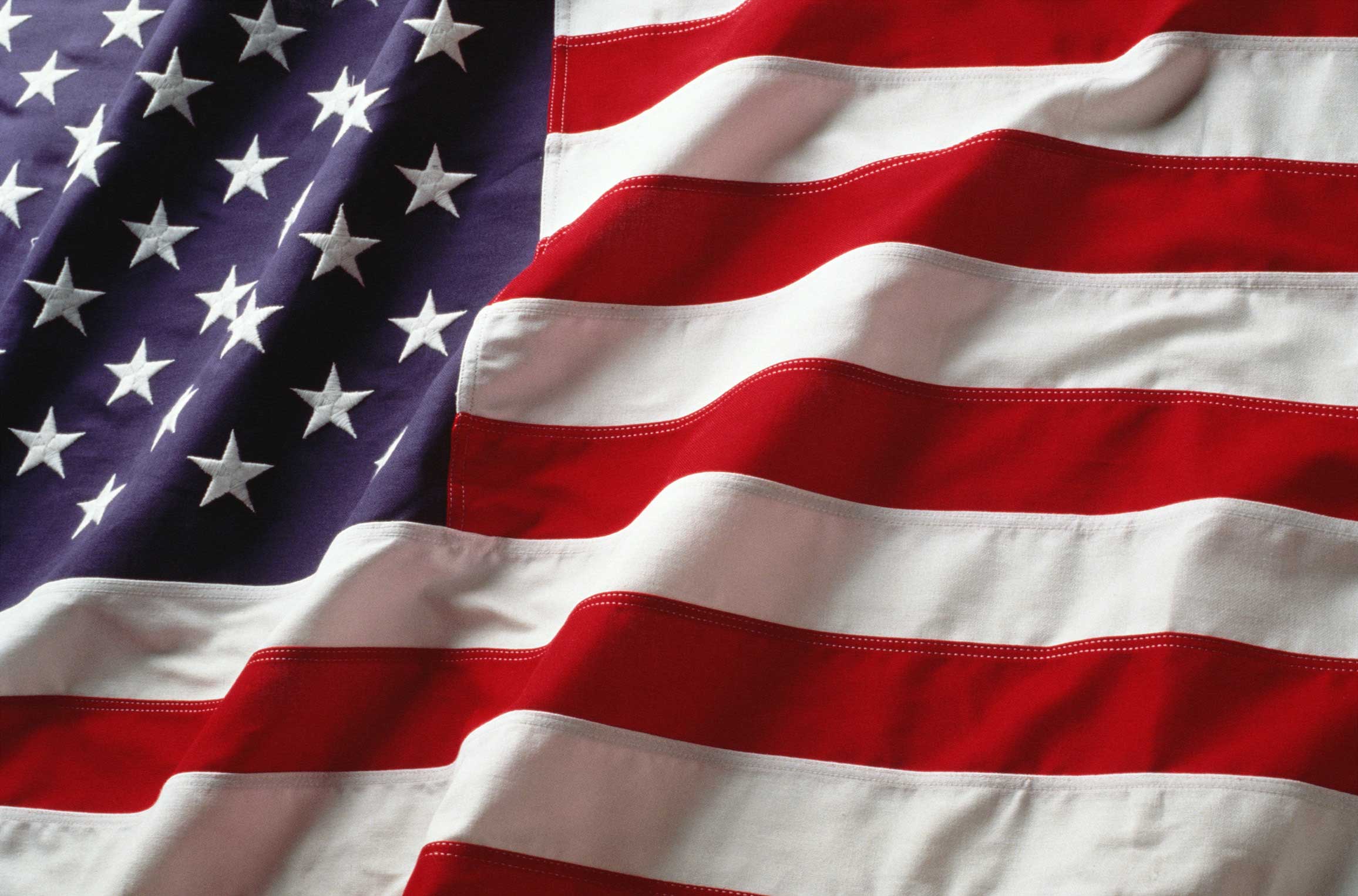William Paca - One of America's Founding Fathers
Related Posts
- Buy Tickets for The Constitutional Walking Tour of Philadelphia – See 20+ Sites on a Primary Overview of Independence Park, including the Liberty Bell and Independence Hall
- Independence Hall
- Signers' Garden
- Signers' Walk
- Second Continental Congress
- First Continental Congress
- Carpenters' Hall
- University of Pennsylvania
Birth: October 31, 1740
Death: October 13, 1799 (age 58)
Colony: Maryland
Occupation: Lawyer, Judge, Politician
Significance: Signed The Declaration of Independence (at the age of 46); Served as Governor of Maryland (1782-1785)

William Paca was one of the Founding Fathers of the United States. Born in Maryland, Pace was sent to Philadelphia for his education and eventually attended the College of Philadelphia (now known as the University of Pennsylvania.) Paca then continued his studies abroad, and studied to be a lawyer at Inner Temple. Paca then returned to Maryland and started a private practice in Annapolis in 1763.
Pace first got involved in politics in 1767 when he was elected to the Maryland Proprietary Assembly and became a strong voice against what he perceived as British overreach. In 1774, Paca was voted to be one Maryland's representatives to the First Continental Congress. The following year, Paca was re-elected and served in the Second Continental Congress. Paca voted for Independence, and he signed The Declaration of Independence. After signing The Declaration of Independence on August 2, 1776, Paca returned to Maryland and served in the Maryland Senate until 1780. Paca was also appointed to serve as a judge in Maryland numerous times.
In 1782 Paca was elected Governor of Maryland and served until 1785. In 1789, President George Washington appointed Paca to be a judge to the United States District Court of Maryland, where he served until his death in 1799 at the age of 58.
William Paca in Philadelphia
Paca first came to Philadelphia as a child for his education, eventually attending the University of Pennsylvania. In 1774 Pace served as a Delegate to the First Continental Congress which brought him back to Philadelphia as the assembly met at Carpenters' Hall. Paca returned the following year in 1775 as a Delegate to the Second Continental Congress. While serving as a member of the Second Continental Congress, Paca worked at Independence Hall, and he signed The Declaration of Independence.
The University of Pennsylvania once stood at 4th and Arch Streets in Philadelphia and today there is a plaque commemorating the original location of the University. A plaque commemorating Paca for signing The Declaration of Independence can be found on Signers' Walk on the 600 block of Chestnut Street (between 5th and 6th Street). Signers' Garden pays tribute to the Founding Fathers, including those such as Paca who signed The Declaration of Independence. Today, the plaque commemorating the former location of the University of Pennsylvania, Carpenter's Hall, Independence Hall, Signers' Walk and Signers' Garden are all stops visited along The Constitutional Walking Tour!



